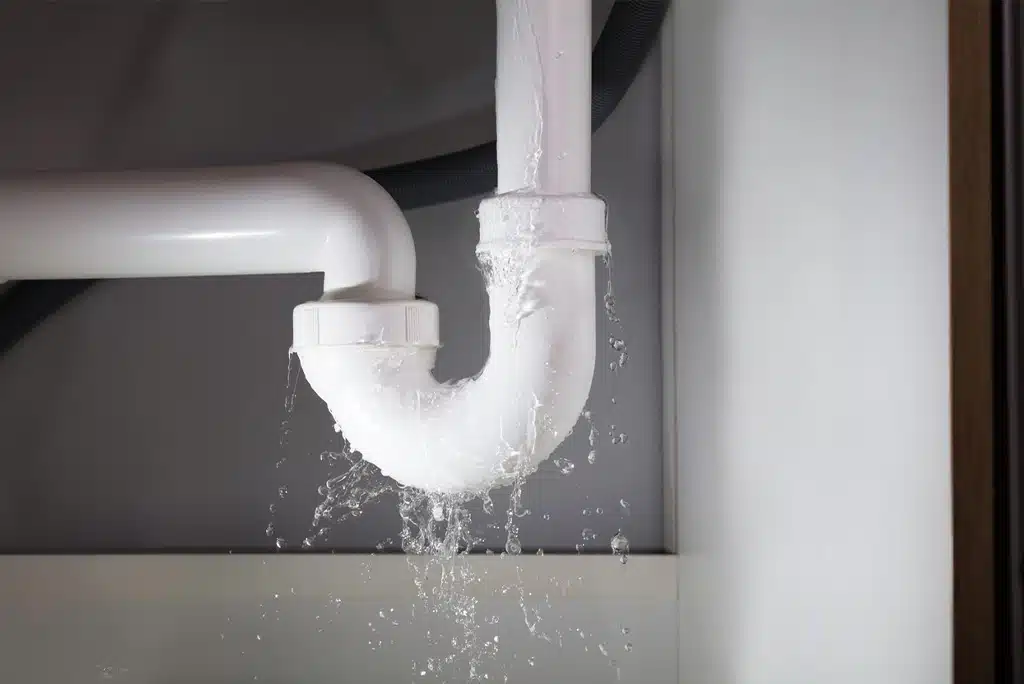What’s the Most Efficient Heating System for Your Home’s Needs?

Home heating is an important consideration during winter, even in areas where temperatures rarely dip below freezing. Heating expenses can easily consume almost half of an average household’s energy budget, which makes energy efficiency an important goal for those who want to reduce home comfort expenses.
If you need a new heating system, you have several options for achieving highly efficient, low-cost operation that will keep your home warm and comfortable for many years.
The team at Air Experts knows a lot about home heating from our experience providing HVAC services to the Raleigh, NC, area since 1986.
Contact us today if you need help choosing the best home heating system for you.
Why Choose a High-Efficiency Heating System?
The simplest reason to choose a high-efficiency heating system is that it will cost much less to operate than a lower-efficiency model. High-efficiency systems can often cut monthly expenses by half or more, with the most efficient heating system types slashing bills by up to 70%.
Even though they’re usually more expensive upfront, a more efficient system leads to major long-term savings.
Remember that whatever type of heating system you buy, it must be properly sized to produce the level of heating you need in your home. In this case, the system’s size is its functional capacity to generate heat.
Have your HVAC professional conduct a heating load calculation on your home to determine how much heating is needed. With this information, you and your contractor can find a heating system that will work best for you.
Finding the Most Efficient Heating System: Heat Pumps
For homeowners who want the most efficient heating system available, heat pumps are the best candidate. They work by capturing heat and moving it from place to place, removing it from your home to provide cooling in summer, and bringing in heat from the outdoors for warming in winter.
Heat pumps can be astonishingly efficient, sometimes producing four times as much energy as the electricity that powers them. In general, heat pumps are a good choice for a moderate climate like that of the Raleigh area.
Heat pumps are also environmentally friendly. Their high efficiency means they use less electricity yet provide effective heating. They don’t burn fossil fuels to generate heat, which means they don’t generate exhaust gases that could affect the environment. They’re very safe to operate, producing no potentially harmful gases such as carbon monoxide.
There are two main types of heat pumps available: air-source and geothermal.
Air-Source Heat Pumps
Air-source heat pumps capture heat from and release heat into the air surrounding the equipment. When cooling, the systems use the heat-exchange properties of refrigerant to remove heat from the air around the indoor air handler/evaporator coil and transfer it outside, where it’s released.
When heating, the refrigerant captures heat from outdoor air and brings it into your home. Heat pumps can extract heat even from cooler outdoor air, although their efficiency is dramatically reduced when temperatures fall below about 32 degrees.
During the heating process, a liquid refrigerant is circulated between the indoor and outdoor units. As the refrigerant circulates, it changes from liquid to gas and back again.
When the refrigerant evaporates into a gas, it also absorbs heat from the air around the outdoor unit. The gaseous refrigerant travels into your home after being compressed to its liquid form. Inside, it releases the heat it contains, which is then used to warm your home.
Geothermal Heat Pumps
Geothermal systems work similarly, except they use the soil outside your home or a nearby body of water as the source of heat capture and release. A series of pipes, called the loop, is buried several feet below the surface of the ground, drilled deep in a vertical loop system, or submerged in a water source.
Even a few feet underground, temperatures remain between about 45 to 60 degrees all year. Either water or a refrigerant solution circulates through the loop, picking up heat or releasing it as necessary.
Geothermal systems provide the most efficient type of heating. They can cut heating bills by up to 70%. Like other types of heat pumps, they’re also very safe and environmentally friendly to operate. The initial investment in a geothermal system can be higher than other types of heating equipment, and it will be necessary to dig holes and trenches in your yard for placement of the ground loop pipes.
However, a geothermal heat pump can usually pay for itself with monthly savings within about five years. Federal and state tax credits may be available for these systems — check with your heating contractor for more information.
Finding the Most Efficient Heating System: Furnaces
The second most-efficient heating system is a residential furnace. Furnaces are probably the most common type of heating system used today, with industry estimates placing gas furnaces in about 60% of American homes. Older furnaces aren’t very efficient, but newer models contain new technologies and features that can boost efficiency to extremely high levels.
The three most common types of furnaces are:
- Gas: Gas furnaces use natural gas, a plentiful natural resource. Most furnaces in operation are natural gas models. Gas is supplied by local utility companies through a supply pipe installed in your home, though gas lines often don’t extend to more remote rural areas. A natural gas furnace may cost less to operate than an air-source heat pump, even though its heating efficiency is much lower. That’s because natural gas has become exceedingly cheap in recent years.
- Oil: Oil furnaces burn fuel oil to produce heat. The oil is typically provided by a local supplier who delivers the fuel in bulk and stores it in a tank in or near your home. The fuel supply for oil furnaces must be monitored to make sure the oil doesn’t run out when you need it most. Heating oil and propane, another type of furnace fuel, are both relatively expensive.
- Electric: Electric furnaces warm your home by using electricity to power heating coils that generate heat. Since they don’t burn fuel, they produce no exhaust gases or carbon monoxide that could pose a safety hazard in your home. They’re more expensive to operate in most areas than gas furnaces since electricity costs more (BTU to BTU) than natural gas, and unlike an air-source heat pump, their efficiency can never rise above 100%.
When choosing a furnace, check the system’s AFUE rating. AFUE, or Annual Fuel Utilization Efficiency, is the standard indicator of furnace efficiency. It indicates how much of the energy in the fuel is turned into usable heat and how much is likely to be wasted.
For example, a gas furnace with an AFUE of 80% will convert 80% of the energy in the gas to heat, while the other 20% is lost through the exhaust or leakage. Higher AFUE numbers translate to higher furnace efficiency, with AFUE 90% and above indicating a high-efficiency system.
Finding the Most Efficient Heating System: Boilers
The third most-efficient heating system for homes is boilers. Boilers are less common in homes than heat pumps or furnaces. However, a boiler can still be a good option for home heating. They work by producing hot water, which is then circulated through pipes and radiators in your home.
Boilers are also rated by AFUE numbers. You can find high-efficiency boilers with AFUE ratings of 90% or higher.
Condensing boilers are even higher-efficiency models that can reach AFUE ratings of up to 95%. They use a second heat exchanger to extract heat from the exhaust gases before the gases are vented outdoors. Through this process, they recover some of the heat that has already been paid for before it’s lost to the exhaust and ventilation processes.
Efficiency-Boosting Factors
Even after buying the most efficient heating system available within your budget, you can still improve indoor comfort and equipment performance by taking these steps to improve HVAC efficiency.
- Sealing and airtightness: Locate and seal any holes, cracks, gaps, or other openings where warm air could escape, or cold air could get in. This can include areas around doors and windows, where pipes or wires enter through the walls, or where the house frame connects with the foundation or attic. Use caulking or other appropriate materials to seal openings and make them airtight.
- Ductwork: Your ductwork can affect how efficiently your heating system works. Leaks in the ducts can account for substantial amounts of lost heat, energy, and money. Make sure all duct sections fit tightly together and aren’t damaged. Connections should be sealed with metal screws and mastic or metal-backed tape to prevent air loss. Ducts should also be insulated to stop heat loss through the material of the ducts themselves.
- Controls: Control systems such as programmable thermostats and smart thermostats provide improved options for controlling the operation of your heating system. With a programmable thermostat, for example, you can reduce heating during the day when your house is empty, then program the thermostat to automatically increase heat before you and your family return. Smart Wi-Fi thermostats learn your habits and preferences, so you can be comfortable while saving the most energy possible.
Need More Help? Contact Air Experts
Air Experts provides heating and cooling services to homeowners throughout the Raleigh area, including Apex, Cary, Holly Springs, Durham, Chapel Hill, and Wake Forest.
Contact us today for more information on home heating and for expert help choosing the most efficient heating system for your needs.







